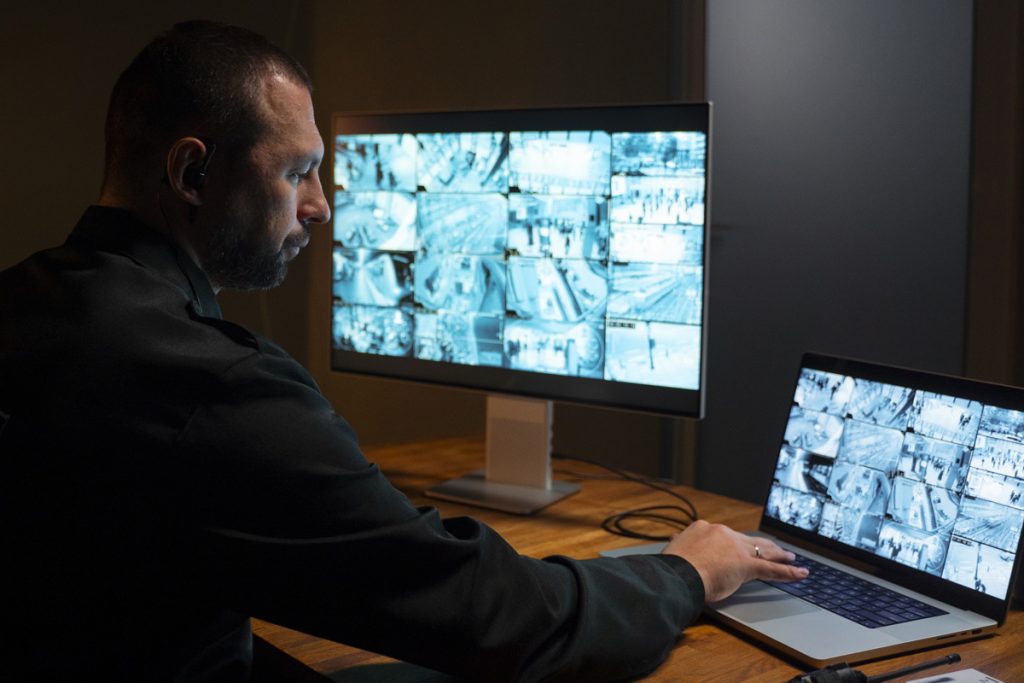| Aug 25, 2025
Why Structured Intelligence is Critical for High-Stakes Litigation Support

Sophisticated actors such as transnational criminal, drug trafficking, and terrorist organizations understand the principles of surveillance detection. These illicit actors take advantage of differences in laws and regulations across different legal jurisdictions to shed surveillance – a practice known as jurisdictional arbitrage. They perform counter-surveillance operations, and employ the fundamentals of physical surveillance detection to determine if they are being surveilled. Sophisticated criminal organizations and threat actors behave like this so they are less likely to be caught breaking the law, and this could be catastrophic for attorneys that require the evidence of illegal activity to support their litigation.
The bottom line is this: When surveillance operations fail or subjects detect investigators, the consequences extend far beyond missed video evidence. Compromised surveillance can derail entire cases, destroy months of preparation, and leave attorneys without the crucial evidence needed to display the facts and control the courtroom narrative.
The High Cost of Surveillance Failure in Litigation
When surveillance operations are compromised, the impact reverberates throughout the entire legal strategy. Procedural issues are not the only surveillance failure that can derail litigation. In civil litigation, failed surveillance can mean the difference between proving fraudulent behavior and settling for inadequate compensation.
In criminal litigation, especially in the context of sophisticated criminal actors, poorly executed surveillance operations, conducted by relatively untrained surveillance investigators, can force illicit actors to learn new tricks – and not in a good way. As Michael Kenney, a notable scholar from the University of Pittsburgh, explains about learning and competitive adaptation in criminal networks: “…organizations good and bad learn to complete tasks, [and] address problems… and they have clear incentives to adapt: their immediate survival depends on it.”
Moreover, the proliferation of information has made many of the once-close-hold tactics of surveillance detection available to anyone with an internet connection. Take the “Rule of Three” correlative in surveillance detection, for example, which tells a potential surveillant to pay particular attention if they observe the same person, vehicle, etc. multiple times. Not only could this compromise the entire surveillance operation, but detection also often results in subjects altering their behavior, destroying evidence, or taking countermeasures that make future surveillance nearly impossible.
Professional surveillance detection techniques identify behavioral cues including target fixation, unusual photography, note-taking, and time-checking. Subjects trained in basic counter-surveillance – increasingly common in high-stakes business and personal disputes – can easily spot untrained investigators displaying these telltale signs.
The Gold Standard for Physical Surveillance to Support Litigation
Human Intelligence (HUMINT) Training Foundations
Military and intelligence community surveillance training operates on fundamentally different principles than the baseline requirements to become a private investigator, especially in states like Pennsylvania. Special Operations Forces (SOF) conduct missions demanding precision, stealth, and adaptability, with surveillance and surveillance detection being core competencies for certain Military Occupational Specialties (MOS) and intelligence officers. In many cases, these methods go far beyond basic observation, incorporating systematic behavioral detection, counter-surveillance operations, complimentary technical surveillance, and ongoing multi-discipline intelligence support.
Special Operations Competencies and Private Security Surveillance
Special Operations Forces training provides the exact skill set needed for high-stakes surveillance. For example, SOF are central component of the U.S.’ Irregular Warfare initiatives, in which intelligence-related activities play a major role. Conducting surveillance in hostile environments, where detection could mean mission failure or worse, prepares personnel for the type of no-fail/no-compromise physical surveillance activities required in high-stakes litigation.
Behavioral Detection and Pattern Recognition Enhances Surveillance Capabilities
Well trained intelligence professionals and special operators are particularly attuned to knowing what is normal versus abnormal behavior and gathering descriptive information such as:
- Persons or vehicles with no legitimate purpose for being in a location
- Behavioral cues indicating target fixation, unusual photography or videography, and time-checking
- Correlations and repeated sightings that confirm surveillance, counter-surveillance, or surveillance detection
These skills prove invaluable when litigation subjects employ their own surveillance countermeasures or when investigators need to identify potential security threats to their operations. When intelligence and special operations community members transition into private security or private investigations, these hard-earned skills prove invaluable for attorneys working on cases where the target of the investigation is surveillance-savvy.
The Intelligence Advantage for Attorneys Who Require No-Fail Physical Surveillance
Intelligence community training emphasizes continuous improvement and adaptation to emerging threats. Surveillance investigators with intelligence backgrounds bring this same analytical mindset to their work, constantly updating techniques and staying ahead of counter-surveillance developments.
The convergence of high-stakes litigation demands, and intelligence community capabilities, creates a compelling case for this structured training foundation to support litigation surveillance operations. When cases involve millions of dollars, criminal liability, or reputation-destroying information, the margin for error is incredibly low.
Intelligence and special operations training provides the precision, tradecraft, investigative tools, and methodology required for surveillance operations where failure is not an option. The investment in professional intelligence training pays dividends through reduced surveillance compromise, enhanced evidence collection, and the ability to maintain operational security against sophisticated opposition.
For litigation teams serious about controlling both facts and narrative in high-profile cases, intelligence-trained surveillance investigators represent a force multiplier that can make a difference in the courtroom. At Convoy Group, our team brings decades of intelligence and special operations experience to high-stakes litigation support, delivering the subtlety and tradecraft that critical cases demand.
